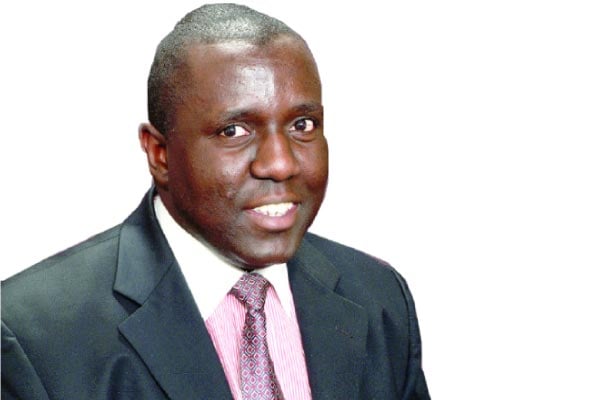Prime
How Kenya is managing its status as a middle-income country

Author: Mr Karoli Ssemogerere is an Attorney-at-Law and an Advocate.
What you need to know:
- To understand Kenya, you have to scrutinise the payload of the passenger planes at the expansive Jomo Kenyatta International Airport.
Wages are average. Taxes are high but so is a semblance of public services. Many stories about corruption appears every now and again.
Kenya’s IGG sits in a swanky little office building finished in a golden hue, the Ethics and Integrity Centre visible to commuters on their way out of town to the suburbs. Nairobi is truly a global city.
The Nairobi County Assembly in some ways enjoys the perks our Members of Parliament enjoy. The youngish governor David Sakaja, a graduate and beneficiary of Uganda’s earlier liberalisation of higher education, is selling a vision of skyscraper Nairobi.
I patronise one particular location, Windmere Apartments, on Rose Avenue close to both State House and Uhuru Kenyatta’s residence, which I last visited in 2017.
Then came Covid, on my second overnight trip into Nairobi, I was shocked that its old-fashioned charm, operated by an Kenyan American couple and their sons, it had erected an eight-floor block.
The word “apartments” a popular synonym for stolen money in Uganda exist in 20 plus storied versions sprouting all over the city. Soon, the days of old residences, lush green or even detached bungalows will be no more.
Nairobi could be a bit cleaner but that prize belongs to Kigali and surprise surprise, soon Dar es Salaam. Those cities are in a class of their own.
To be honest they enjoy exaggerated natural features. Kigali’s hilly slopes and zero potholes. Its leafy avenues and streets are second to none.
Dar es Salaam has a different style, more spread out, more traditional. You would earn a prize finding a stray piece of paper on their streets.
The last two years have been rough on Kenya, “Kenya Mbaya” the saying goes explaining the slide in the Kenya shilling, cost of living challenges and for sometime the fear that Kenya would default on the Eurobond last year.
Some optimism has replaced this pessimism. On a three-day visit to Nairobi, business was seemingly normal even though the country was in mourning, nine soldiers including their Chief of Defence Forces had perished in a helicopter crash in Elgeyo Marakwet County.
One wonders how Uganda’s notorious radio and tv talk show culture would handle an event of such a magnitude?
My briefing notes, tell me Tanzania’s vast unexploited potential put it in pole position to overtake Kenya in the next few years. Tanzania seems to have managed its demographics better. Last week, Tanzania killed the internet with trial runs of its electric train achieving top speeds of 200 km per hour. They also enjoy better weather, and a more cooperative culture has blunted some of the worst edges of raw capitalism including corruption. At the Kenya National Museum, the slow transition of Kenya through the last two million years is documented.
One of Kenya’s coups has been its continuous reassertion as the cradle of mankind. The expense that went into the museum is worth the effort. I last visited the museum in 2014. Ten years later, new exhibits have brought more history into the place.
The Central Bank exhibition marking 50 years of the Central Bank of Kenya narrates the history of currency in Kenya, and how Mwai Kibaki ended the legacy of printing incumbent presidents on the currency. The last white male rhino- the Sudan is also on display as are chilling reminders of Kenya’s path to its place in the world today, a combination of militancy- the Mau Mau rebellion and negotiations.
Another display at the Kenya’s Law Courts downtown tracks Kenya’s political journey more closely. Upstairs is a display to one of Kenya’s most democratic economic activities beekeeping. I am yet to find such a display of life in a beehive magnified to the degree it is in Kenya. It makes our own National Museum look like a collection of shopkeepers.
To understand Kenya, you have to scrutinise the payload of the passenger planes at the expansive Jomo Kenyatta International Airport. Europeans of all ages flock this place like there is no tomorrow. A middle-aged German couple connecting to Safaricom are shocked when I greet them in German at the airport, it was a detail they couldn’t find in their travel book. Soon Uganda Airlines pulls in, and off with my professional colleague we ride into the night in Nairobi.
Mr Ssemogerere is an Attorney-At-Law and an Advocate.
[email protected]




